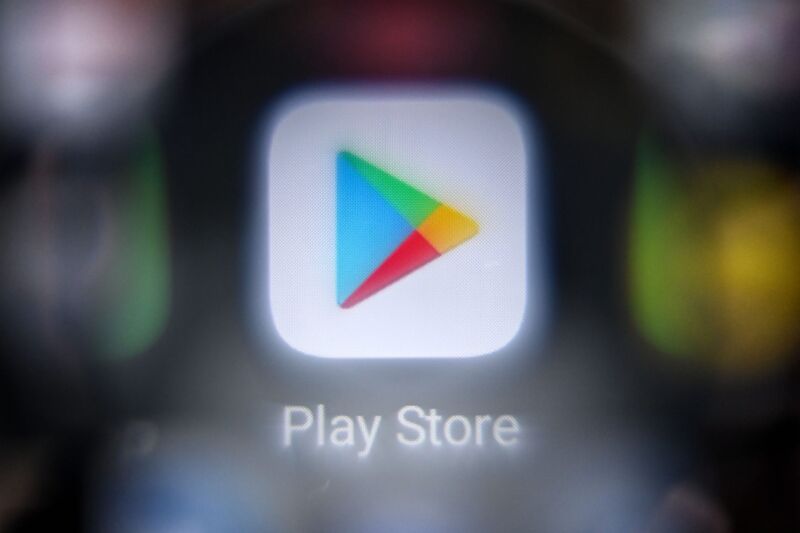
Getty Images | Kirill Kudryavtsev
Google urged a federal court to reject Epic Games’ request for an injunction that would reduce Google’s control of the Android app distribution and in-app payment markets.
“Rather than a judicial injunction against alleged violations of law, Epic asks this Court to create a new global regulatory regime that would set prices, impose ongoing duties to deal, and require the Court to micromanage on an ongoing basis a highly complex and dynamic ecosystem that is used by billions of consumers and millions of app developers and that supports the business of hundreds of OEMs and carriers around the world,” stated Google’s objections filed yesterday in US District Court for the Northern District of California.
In December 2023, the maker of Fortnite won a jury ruling that found Google engaged in anticompetitive conduct in order to maintain monopolies in the Android app distribution market and the Android market for in-app billing. The jury sided with Epic on every question it was presented.
Following up on its trial win, Epic submitted a proposed injunction last month. Google yesterday said it objects to proposed provisions “requiring Google to distribute other app stores and make its entire app catalog available to every other app store, prohibiting Google from negotiating with OEMs for non-exclusive placement and with developers for differentiated content, and chilling Google’s business relationships by restricting conduct that ‘incentivizes’ or ‘disincentivizes’ third parties.”
Epic’s proposal would require Google to allow distribution of third-party app stores on the Google Play store for at least six years. Google would also have to provide third-party app stores access to the Google Play app catalog for at least six years.
Google: Settlement with states is enough
Google said there is no need for Epic’s proposed injunction because Google already agreed to remedies in a $700 million settlement with US states that had sued on similar grounds. Google’s settlement with states was announced about a week after Epic’s win.
“Those remedies—endorsed by all 50 States, the District of Columbia, and two territories—span nearly every topic covered by Epic’s proposed injunction and fully address the alleged anticompetitive conduct and effects that Epic presented to the jury at trial,” Google wrote in yesterday’s filing. “Those remedies would further promote competition among app stores, ensure that competing app stores can enter preload agreements with OEMs, simplify direct installation, and allow developers to choose among billing systems.”
“By contrast, Epic’s proposed injunction seeks to tilt competition in its favor to the detriment of other developers, OEMs, consumers, and Android users,” Google said. Google contends that Epic’s proposed injunction would harm other developers and OEMs “by depriving them of choices and reducing competition for their business and while undermining the security and privacy of Android users.”
According to Utah Attorney General Sean Reyes’ office, the settlement with states lets Google users “pay through in-app billing systems other than Google Play Billing for at least five years,” and lets developers “steer consumers toward alternative, non-Google billing systems by advertising lower prices within their apps for at least five years.”
The deal with states prohibits Google from “enter[ing] into contracts that require the Play Store to be the exclusive, pre-loaded app store on a device or home screen for at least five years,” and requires Google to “allow third-party apps on Android phones outside the Google Play Store for at least seven years.” Google also has to “revise and reduce the warnings on an Android device if a user attempts to download a third-party app from outside the Google Play Store for at least five years,” and “maintain Android system support for third-party app stores, including automatic updates, for four years.”
